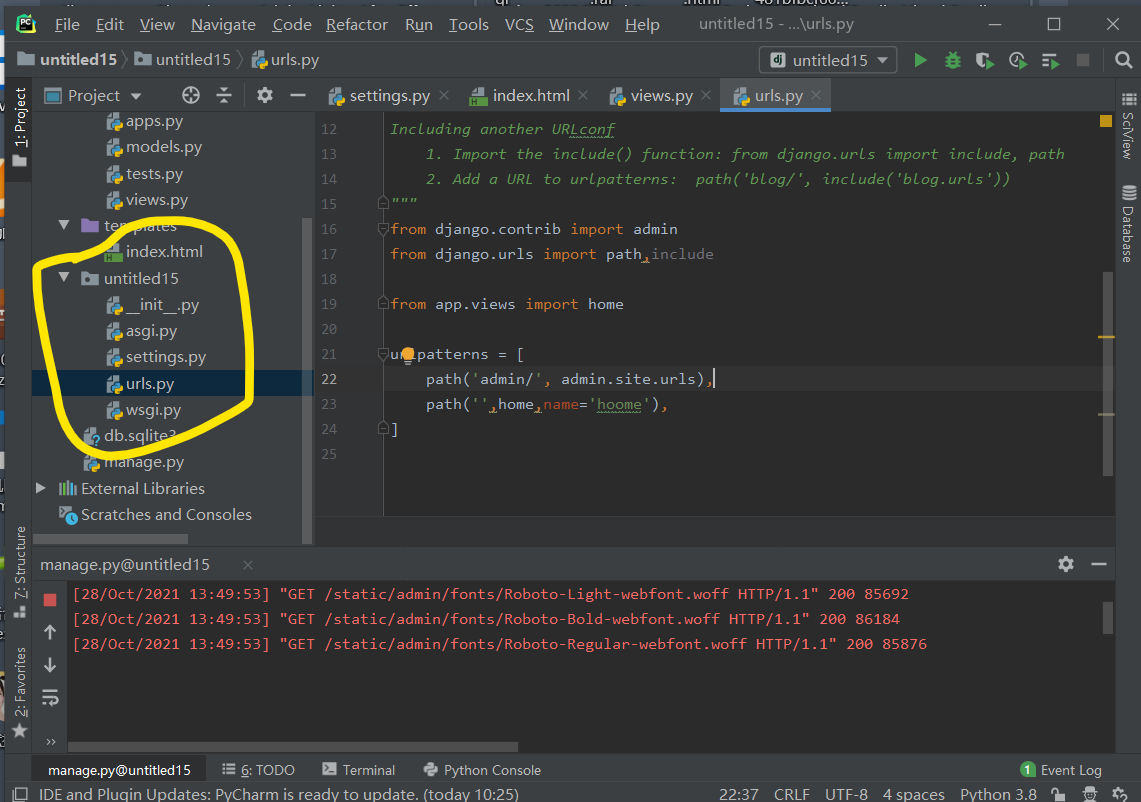

- #Python shortcat for returning greater item how to#
- #Python shortcat for returning greater item full#
💡 Tip: If the elements of the list are strings, they are sorted alphabetically. Here we have a few examples: By default, reverse is False # List of Integers 💡 Tip: By default, its value is False – if you don't pass any arguments for this parameter, the list is sorted in ascending order.

Here we have a method call with these two arguments:īefore explaining how they work, I would like to explain something that you probably noticed in the diagram above – in the method call, the names of the parameters have to be included before their corresponding values, like this: Let's see how they change the behavior of this method. To customize how the sort() method works, you can pass two optional arguments:
#Python shortcat for returning greater item full#
sort() to take advantage of its full power. sort() method is exactly what you are looking for. You don't need to keep the original version of the list.You want to modify (sort) the list permanently.You will learn more about mutation in this article (I promise!), but for now it's very important that you know that the sort() method modifies the list, so its original version is lost.īecause of this, you should only use this method if: This method is used to sort a list in place, which means that it mutates it or modifies it directly without creating additional copies, so remember: With the sort() method, you can sort a list in either: How the process of mutation works behind the scenes.Īre you ready? Let's begin! ⭐ 🔹 Purpose and Use Cases.Why the sort() method performs a stable sort.How this method compares to the sorted() function.How you can pass lambda functions to this method.
#Python shortcat for returning greater item how to#
How to compare the elements of a list based on intermediate values.How to sort a list in ascending and descending order.How to call it passing different combinations of arguments.

How to use this method and customize its functionality.This method is very powerful and you can customize it to fit your needs, so let's see how it works in detail. Python Dictionaries Access Items Change Items Add Items Remove Items Loop Dictionaries Copy Dictionaries Nested Dictionaries Dictionary Methods Dictionary Exercise Python If.Else Python While Loops Python For Loops Python Functions Python Lambda Python Arrays Python Classes/Objects Python Inheritance Python Iterators Python Scope Python Modules Python Dates Python Math Python JSON Python RegEx Python PIP Python Try.If you want to learn how to work with the sort() method in your Python projects, then this article is for you.


 0 kommentar(er)
0 kommentar(er)
